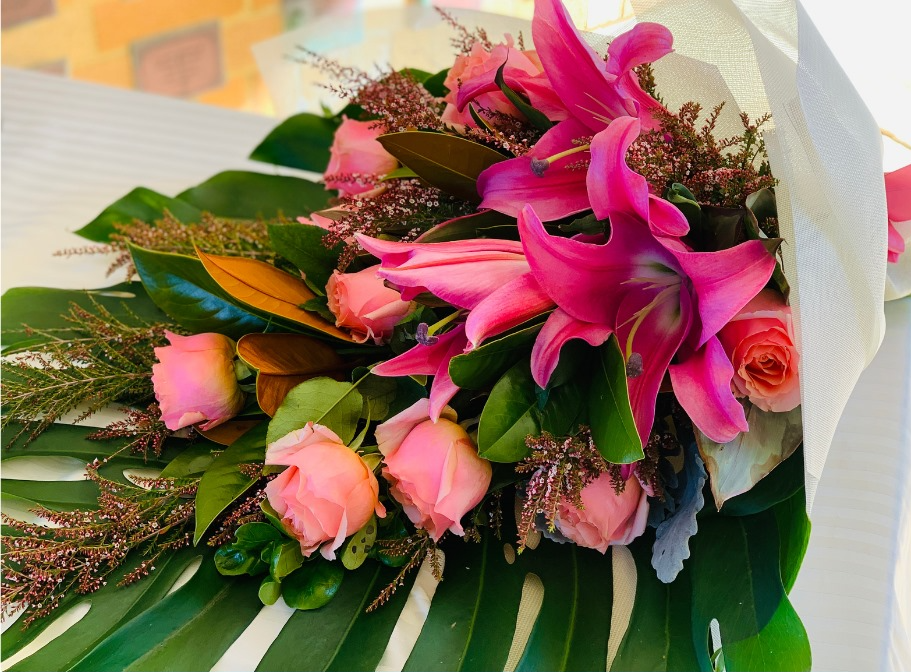What Are Orthodox Funeral Rites?
Planning a funeral requires thoughtful consideration of the deceased’s wishes and any religious considerations. It is important to take the beliefs and values of both the departed and their families into account.
Orthodox funeral rites are an important part of the funeral process, as they provide a respectful way of saying goodbye to the deceased. These rituals focus on helping family and friends grieve while also honouring the individual’s life and faith.
Orthodox funeral rites are based on age-old religious traditions, with some regional variations in different countries. These rituals differ from religion to religion and often involve mourning, grieving, and remembering the deceased person.
Service Procession
In most cases, these funerals start with a procession of family members and friends who hold icons or prayer books as they move around and pray for the soul of the deceased. During this service, rituals such as incense burning and passing around a lit candle can take place.
Resting Place Visitation
Visiting the resting place of a deceased loved one is an important part of Orthodox funeral rites. For observants, the hearing of eulogies, or words of praise, at the designated space creates a solemn yet spiritual atmosphere through which family and friends can express their love and memories shared with the deceased.
Communal Meal
In many Orthodox cultures, an important part of the funeral rite is a communal meal to honour the life and passing of the deceased. This custom comes from both religious roots and common practices of gathering together with family and friends to share food and conversation. During an Orthodox funeral meal, different traditional dishes may be served based on the deceased’s background and local customs.
In addition to providing an opportunity for honouring the life of a loved one, these customs emphasise spiritual well-being for mourners, an important element for bringing closure upon death.


 1300 95 95 33
1300 95 95 33 


